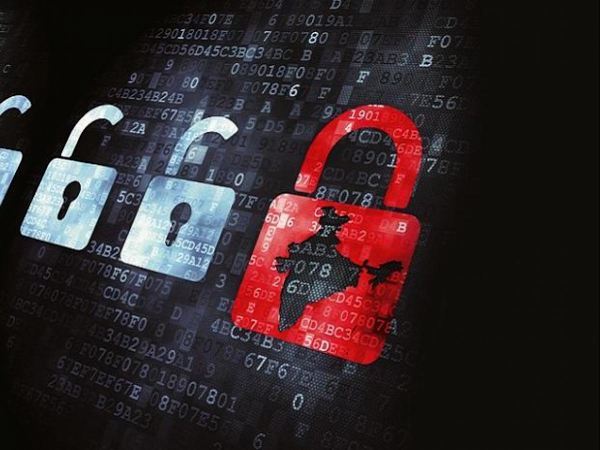NEW DELHI: Alarmed at the growing danger from cyberattacks and threats to national security, the government is in the process of setting up a unified national-level cyber security task force with a special focus on the risks emanating from the telecom sector.
The move comes at a time when the government is also finalising a “trusted sources” list for procuring telecom gear as the country moves towards 5G and other sophisticated telecom and immersive technologies, but with negligible procurement from China and other countries inimical to India’s security interests.
“The PMO has been informed about the efforts to explore the possibility of setting up a sub department for Telecom Cyber Security under a unified national level cyber security task force instead of setting up a separate task force under the telecom ministry,” a source said, adding that the task force is expected to be in place by March next year.
The telecom department will develop an internal task force with the relevant skill sets and capabilities required specifically for the telecom sector. “This sub task force will work in conjunction with the unified national-level cyber security task force that has been envisaged,” the source said, adding that 20 officers have already been identified for getting embedded into the project. “There are also plans to add more officers, with specialised skills sets, to this team as we move forward,” the source said.
The current cyber threats are handled by the specialised Indian Computer Emergency Response Team or CERT-In, which operates under the Ministry of Electronics and IT. It is the nodal agency to deal with cyber security threats like hacking and phishing, and strengthens security-related defence of the Indian internet domain. However, with the cyberattacks getting more sophisticated, the government has increasingly felt the need to have a specialised unified task force that acts on inputs not only from security and cyber forces from within the country, but also from inputs from ‘like-minded friendly countries’ from across the world.
Speaking at the Sydney Dialogue recently, PM Narendra Modi had also called for democracies to work together in cyberspace to prevent conflict, as he warned that technology and data are the “new weapons” in the current times. India has increasingly seen an alarming rise in cyberattacks, both at the citizen level, and that of critical installations and important personalities. While the government has never confirmed, many security experts have blamed cyber and malware attack from China for the massive power outage in Mumbai in October last year. Recently, there have been some major hacks, including that of Prime Minister Modi’s personal Twitter account which was compromised earlier this month.
“Cyber-attacks, including phishing, many a times find route through compromised versions of apps which are distributed through parallel stores or side loaded through many ways. These potentially carry malwares and other Trojans, which infringe piracy of the users installing them and app developer ecosystem does not notice such issues several times. Hence a strong control framework is need of the hour for both internal and external monitoring for protecting consumer privacy,” says Amit Relan, co-founder and director, mFilterIt, a global Fraud Detection & Prevention Company.
Source: ToI
You may also like
-
Navigating India’s Skill Landscape
-
Trade Connect E-platform For Exports Is Single Window, Fast, Accessible And Transformational: Shri Piyush Goyal
-
India-us Working Together In Areas Like Critical Minerals, Supply Chains And Advanced Technologies: Shri Piyush Goyal
-
Cabinet Approves Health Coverage to All Senior Citizens of the Age 70 Years and Above Irrespective of Income
-
Cabinet Approves PM Electric Drive Revolution in Innovative Vehicle Enhancement (PM E-DRIVE) Scheme With An Outlay of ₹.10,900 Crore
